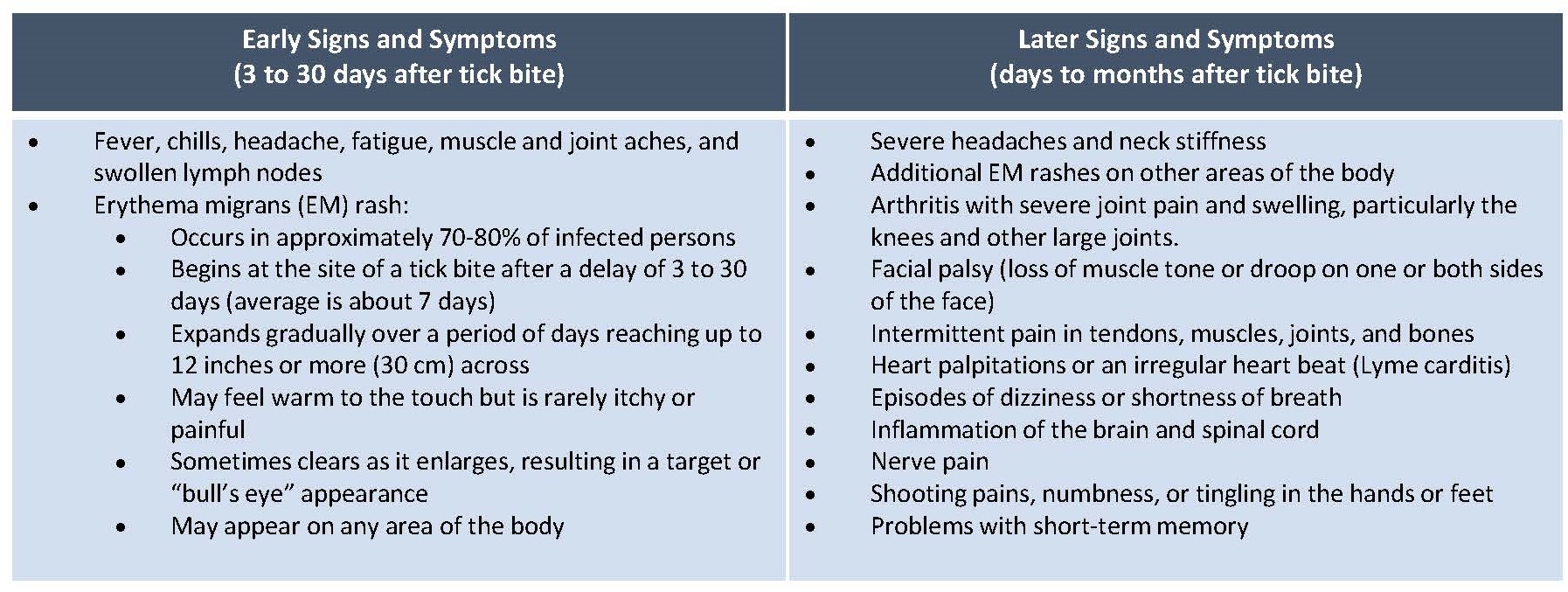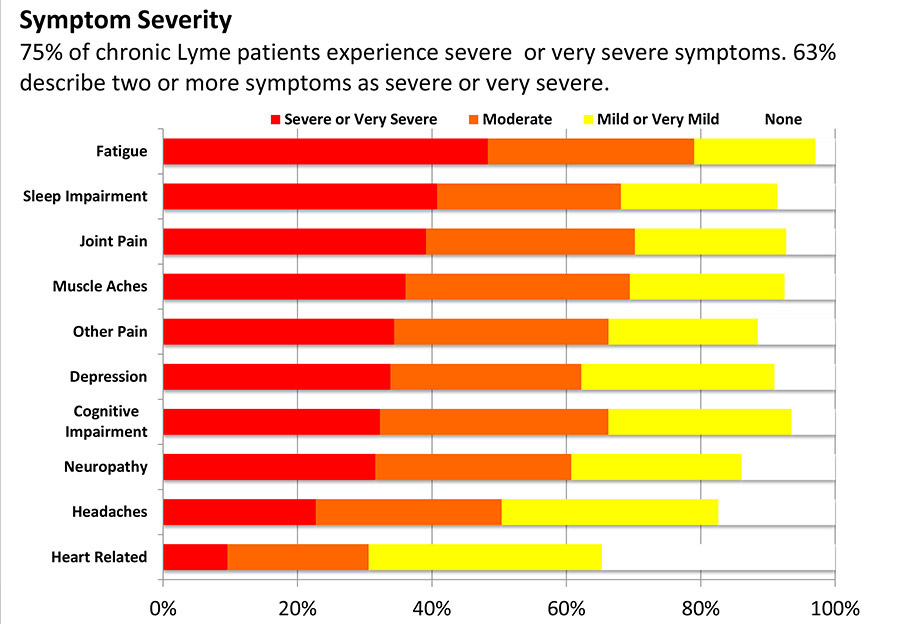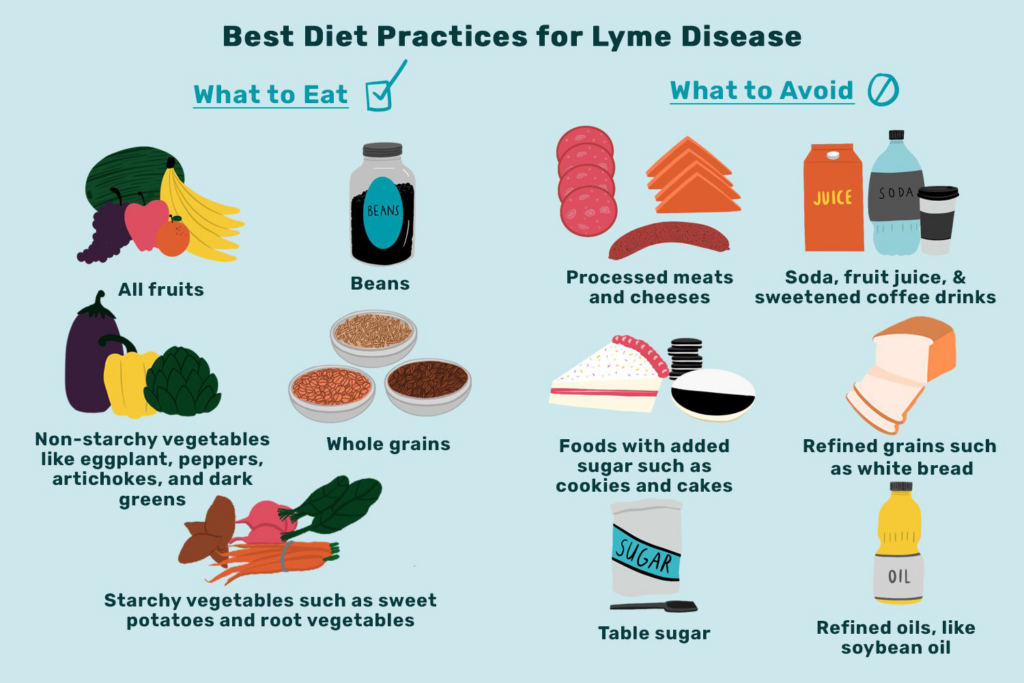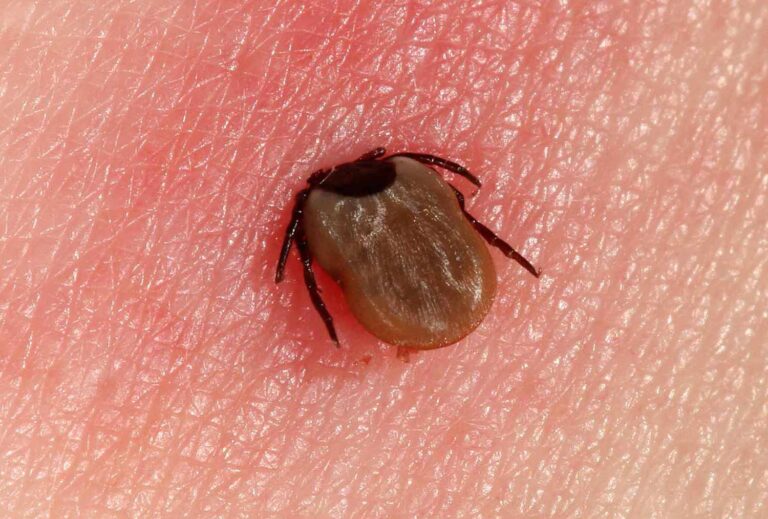As someone who has been living with chronic Lyme disease for years, I know firsthand how challenging and isolating this condition can be. The symptoms are often debilitating and persistent, even after initial treatment, and it can feel like no one truly understands what you’re going through.
But I want you to know that you’re not alone. If you or a loved one has been diagnosed with chronic Lyme disease, it’s crucial to arm yourself with knowledge and strategies to cope with the physical, emotional, and mental challenges that come with this condition.
In this comprehensive guide, I’ll share my personal experiences and insights, as well as valuable information I’ve gathered from experts and fellow patients, to help you navigate your journey with chronic Lyme disease and find the support you need to maintain a good quality of life.
Understanding Chronic Lyme Disease
When I was first diagnosed with chronic Lyme disease, I had so many questions. What exactly is chronic Lyme disease? How is it different from acute Lyme disease? While the exact cause of chronic Lyme disease is not well understood, it is believed to be due to a persistent infection or an autoimmune response triggered by the initial infection. This means that even after treatment, some of us continue to experience symptoms that can last for months or even years.

Symptoms of Chronic Lyme Disease
One of the most challenging aspects of chronic Lyme disease is how different the symptoms can be from person to person. For me, the most prevalent symptoms have been:
- Debilitating fatigue that makes it difficult to carry out daily tasks
- Severe joint pain and stiffness, especially in my knees and hands
- Muscle aches that come and go without warning
- Neurological symptoms, like numbness and tingling in my extremities
- Brain fog and difficulty concentrating, which has impacted my work and social life
- Frequent headaches that range from mild to migraine-level intensity
- Sleep disturbances that leave me feeling unrested and contribute to my fatigue

Diagnosing Chronic Lyme Disease
Getting a proper diagnosis for chronic Lyme disease can be a frustrating and lengthy process. Many of the symptoms mimic other conditions, which can lead to misdiagnoses and delayed treatment. In my case, it took visiting several doctors and undergoing numerous tests before I finally received a confirmed diagnosis of chronic Lyme disease. If you suspect you may have chronic Lyme disease, it’s essential to work with a Lyme-literate healthcare provider who has experience in diagnosing and treating the condition. Don’t give up hope, and keep advocating for yourself until you get the answers and care you need.
Diagnostic Tools for Chronic Lyme Disease
Treatment Options for Chronic Lyme Disease
Treating chronic Lyme disease often requires a multi-faceted approach tailored to your individual needs. In my experience, the most effective treatment plan has involved a combination of:
- Long-term antibiotic therapy to target the persistent infection, which can be administered orally or intravenously
- Herbal remedies, such as cat’s claw and Japanese knotweed, to support my immune system and reduce inflammation
- Nutritional support, including a balanced diet rich in whole foods, vitamins, and minerals to help my body heal
- Physical therapy to manage joint pain and stiffness and improve my overall mobility and function
- Alternative therapies, like acupuncture and massage, to alleviate symptoms and promote relaxation and stress relief
Lifestyle Changes to Manage Chronic Lyme Disease
Making lifestyle changes has been a game-changer in managing my chronic Lyme disease symptoms and improving my overall well-being. Some of the most helpful changes I’ve implemented include:
- Pacing my activities and allowing myself adequate rest when needed
- Incorporating relaxation techniques, like meditation and deep breathing, to manage stress
- Sticking to a regular sleep schedule to ensure I’m getting enough restorative rest
- Staying hydrated and focusing on a nutrient-dense, anti-inflammatory diet
- Identifying and avoiding triggers that exacerbate my symptoms, such as certain foods or environmental factors

Coping Strategies for Emotional and Mental Well-being
Living with chronic Lyme disease can be emotionally and mentally taxing. There have been times when I’ve felt overwhelmed, hopeless, and isolated. Over the years, I’ve learned the importance of prioritizing my emotional and mental well-being, and I’ve found several strategies that have helped me cope:
- Connecting with others who understand what I’m going through, either through local support groups or online forums
- Making time for activities and hobbies that bring me joy and help me maintain a sense of normalcy
- Practicing yoga and mindfulness to calm my mind and reduce anxiety
- Seeking professional counseling to work through the emotional challenges and develop healthy coping mechanisms
Supporting a Loved One With Chronic Lyme Disease
If you have a loved one with chronic Lyme disease, your support and understanding can make a world of difference. Here are some ways you can help:
- Take the time to educate yourself about the condition, so you can better understand what your loved one is going through
- Offer practical assistance with daily tasks, like running errands or preparing meals, especially on difficult days
- Lend a listening ear and provide emotional support, validating their experiences and feelings
- Encourage self-care and help create a supportive environment that promotes rest and healing
In conclusion
Living with chronic Lyme disease is an ongoing journey that requires patience, perseverance, and a strong support system. As someone who has been navigating this path for years, I want you to know that you have the power to take control of your health and improve your quality of life.
By staying informed, exploring various treatment options, making necessary lifestyle changes, and prioritizing your emotional and mental well-being, you can find the strength and resources to cope with the challenges of chronic Lyme disease.
Always remember, you are not alone in this battle. There is a growing community of patients, healthcare providers, and advocates who understand what you’re going through and are here to support you every step of the way. Keep holding onto hope, and never give up on your journey to healing and living your best life possible.
Chronic Lyme Disease, Lyme Disease, Tick-Borne Illnesses, Chronic Illness, Lyme Disease Symptoms, Lyme Disease Treatment, Lyme Disease Diagnosis, Chronic Lyme Disease Treatment, Chronic Lyme Disease Symptoms, Lyme Disease Awareness, Lyme Disease Prevention, Lyme Disease Support, Chronic Illness Support, Lyme Disease Management, Lyme Disease Coping Strategies, Lyme Disease Lifestyle Changes, Lyme Disease Nutrition, Lyme Disease Mental Health, Lyme Disease Advocacy, Lyme Disease Research, Lyme Disease Recovery, Lyme Disease Challenges, Chronic Pain Management, Fatigue Management, Neurological Symptoms, Herbal Remedies for Lyme Disease, Alternative Therapies for Lyme Disease, Living with Lyme Disease, Lyme Disease Journey, Lyme Disease Warrior


